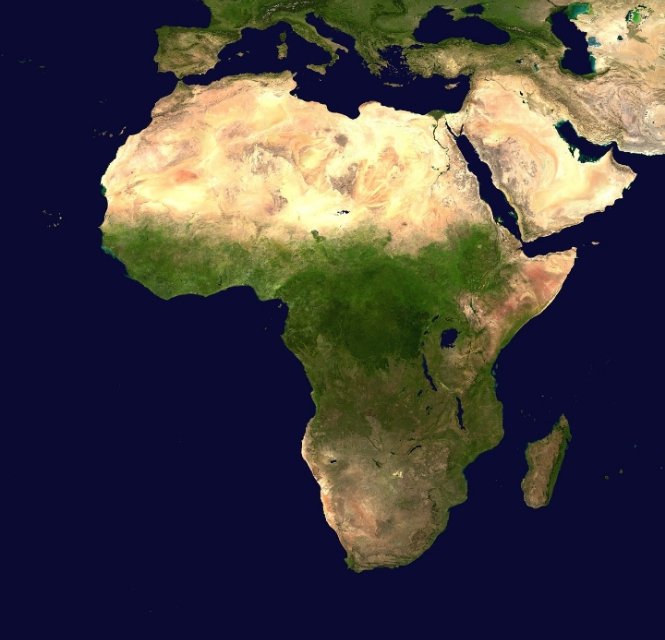West Africa's Top Cyber Threat Incidences Are In Ghana, Guinea, And Nigeria.
According to NETSCOUT's 1H2024 distributed denial of service that intelligence report, which was posted on the company's website on Tuesday.

Ghana has led the Wst African region in terms of the frequency and variety of cyber threats for the first half of 2024. The country has seen high volume of distributed denial of service attacks targeting sectors like telecommunications and computer services. The report claims that Ghana has seen most cyber attacks in West Africa, with the largest DDoS attacks maximum bandwidth measuring 314.25 Mbps. Over the course of six months, 4,753 attacks occurred, 2,759 of which were directed at companies that provide computer related services.
The Republic of Guinea came in second with 2,918 cases, and Nigeria came in third with 2,721 cyber threats. The report stated, in part, that Ghana had " by far the highest volume attack in West Africa, with it's largest DDoS attack having a maximum bandwidth of 314.25 Mbps." With 2.918 recorded attacks, Guinea unexpectedly ranked second in West Africa's NETSCOUT findings for attack frequency. Guinea is known for it's mining and Agricultural based economic resiliency. These attacks were primarily of the Tcp kind and disproportionately affected wireless telecommunications operators.
With 2,721 cyber attacks in the first half of 2024, Nigeria - a significant digital hub in Africa - saw the third - highest number in West Africa. With 867 occurrences, attacks in the computer related services sector were common in Ghana, nevertheless, local beauty Nigeria had 206 instances on the list, with data processing hosting businesses coming in second with 116. Nigeria reflects the increasing complexity of DDoS threats observed globally, which include a noticeable rise in assault frequency and sophistication. With 23 distinct attack vendors in a single attack, the Nation saw more sophisticated attacks than other countries in the region. These attacks ranged from Domain name system (DNS) amplification to Tcp and CLDAP (Connection - Less light - Weight Directory Access Protocol) attacks, among many others, according to Bryan Hamman, regional director for Africa at NETSCOUT.
With 1,598 and 1,515 recorded cases respectively, côte d'Ivoire and Liberia saw comparable attack frequency. The two Nations also shared similarities in the attack vector types, which were primarily connected to Tcp, and the most affected industry, which was wireless telecommunications for both. The survey emphasized that, with 196 instances, 107 in Senegal, 32 in Mali, and 16 in Cameroon, wireless telecommunications providers were found to be the main targets of threat actors in the Republic of Benin.














